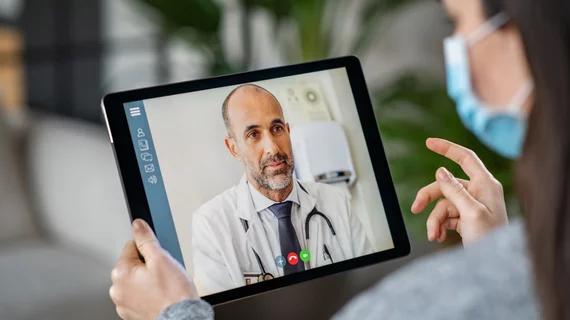Philips launches new virtual care management services
Health technology company Philips has launched a new virtual care management program to help health systems, providers, payers and employer groups connect with patients.
The program targets chronic conditions, with condition-specific protocols for diabetes, hypertension, heart disease, chronic kidney disease, chronic obstructive pulmonary disease (COPD), plus gestational programs for diabetes and hypertension. According to Philips, 90% of healthcare expenditures in the United States go toward chronic care management, meaning there is a huge opportunity to lower costs and improve care.
Philips Virtual Care Management’s protocols connect to devices and engagement tools on a secure, cloud-based network with real-time data. Patients are monitored and offered personalized health coaching by licensed clinical professionals.
“Virtual care is paving the way to meaningfully reduce the cost of care through fewer hospitalizations and emergency department visits,” Nick Wilson, general manager, ambulatory virtual care at Philips, said in a statement. “Care providers and health systems today are often short on time and resources, accelerating the need to find new ways to gain visibility into patients’ health amid an overwhelming variety of options. For patients, the opportunity to understand and take proactive control of their health can potentially lead to improved outcomes.”
According to Philips, the program is already having success. Recent studies have shown patients saw a 38% average reduction in emergency department visits and an average HbA1c, or blood glucose, reduction of 3.06%. Study results also suggest potential savings of $3,086 in annual claims per patient or member, and fewer 30- and 90-day hospitalizations compared to usual care.
Currently available in the U.S., the program is customizable for providers, payers and employer groups who want to shape and scale it to their needs.
The program comes after virtual care services have risen in popularity throughout the COVID-19 pandemic. When in-person services were temporarily halted at the start of the pandemic, virtual care exploded, but it has continued to remain an important part of healthcare services three years later, with more providers offering new services.

